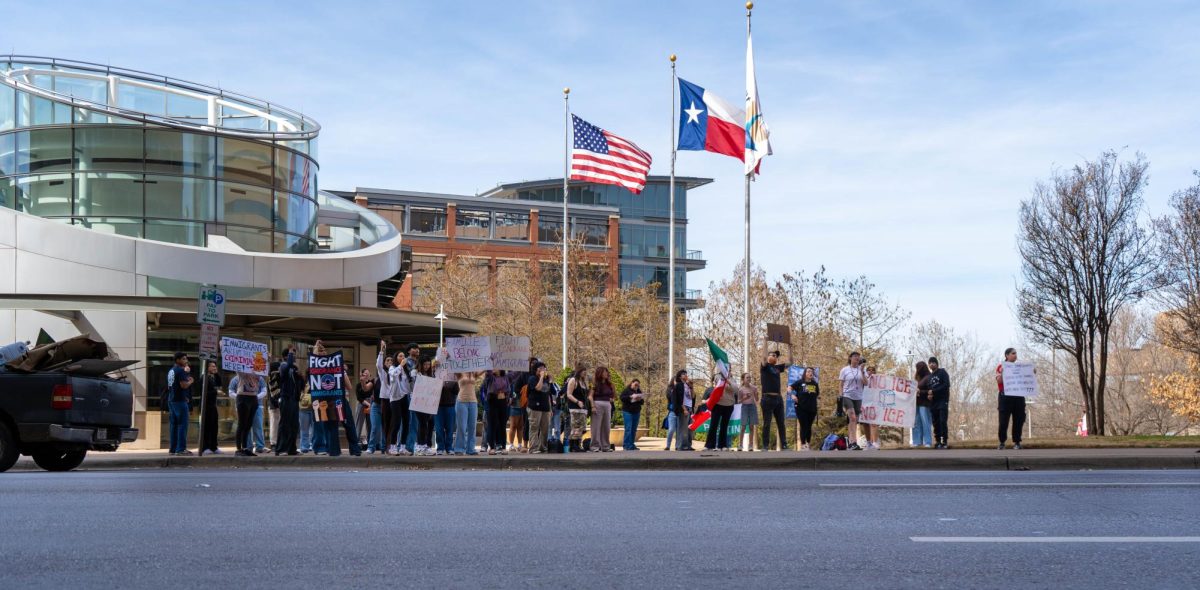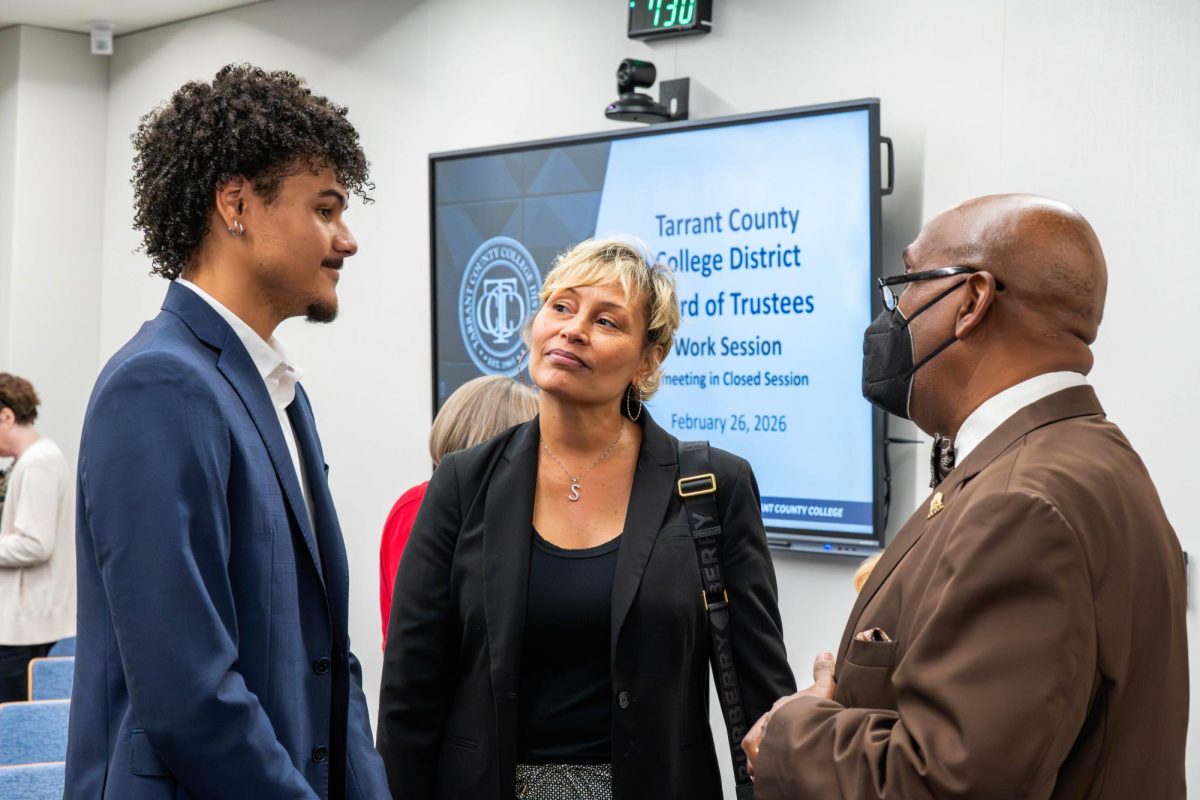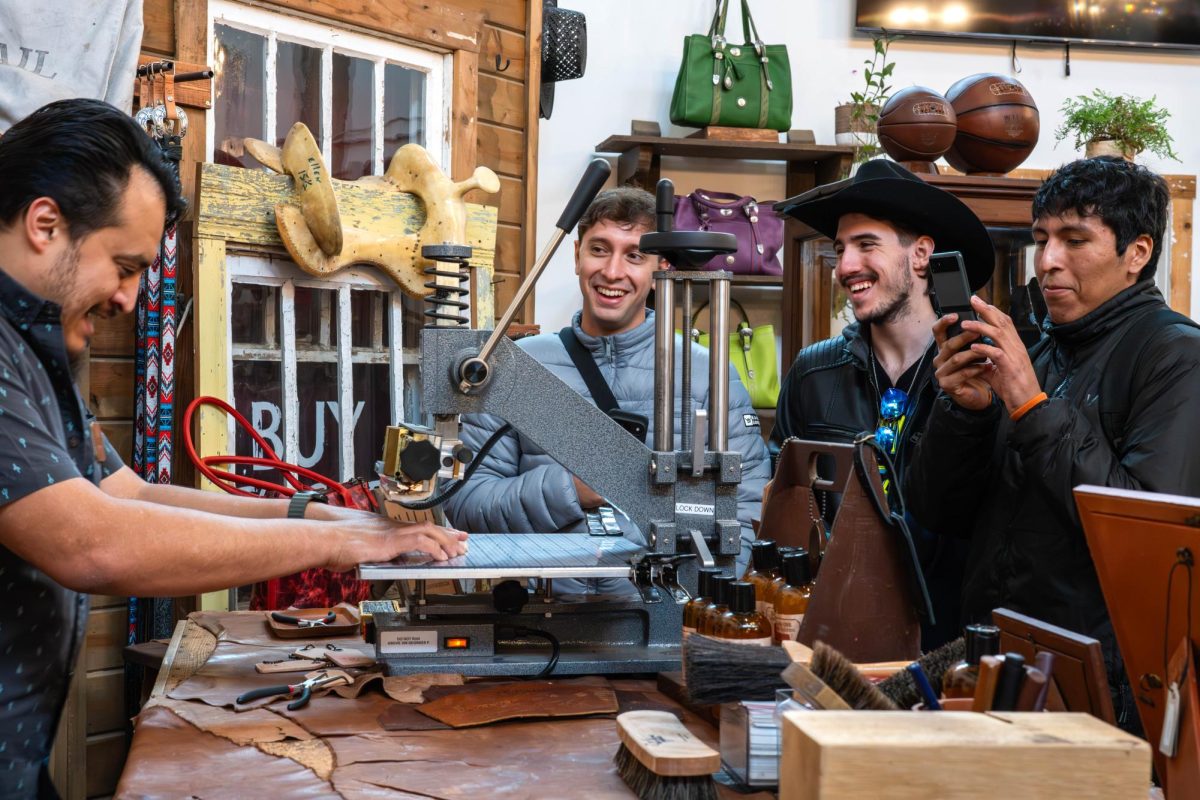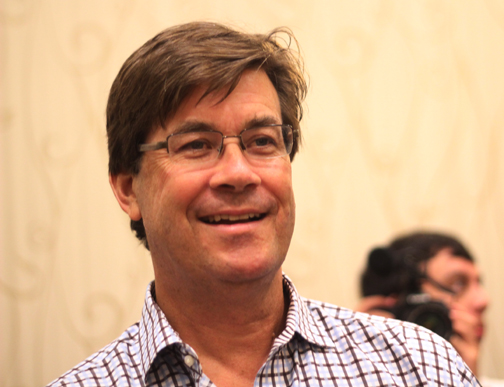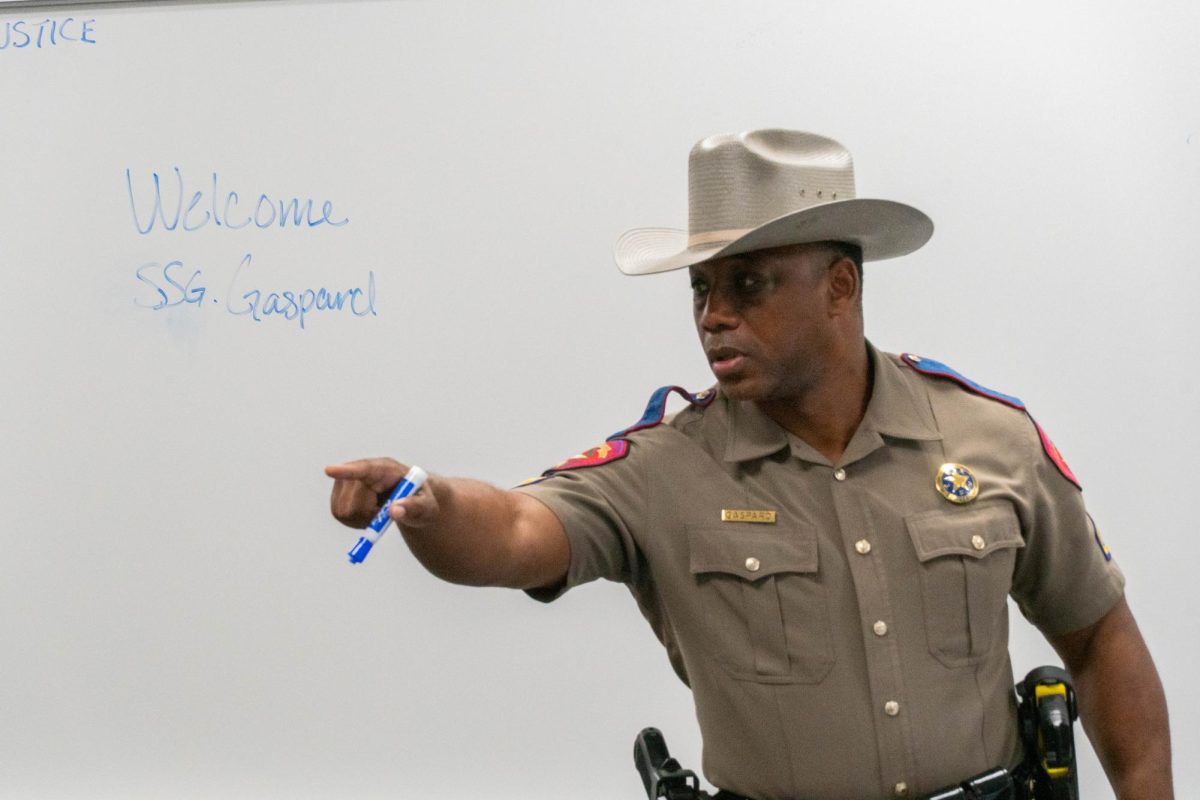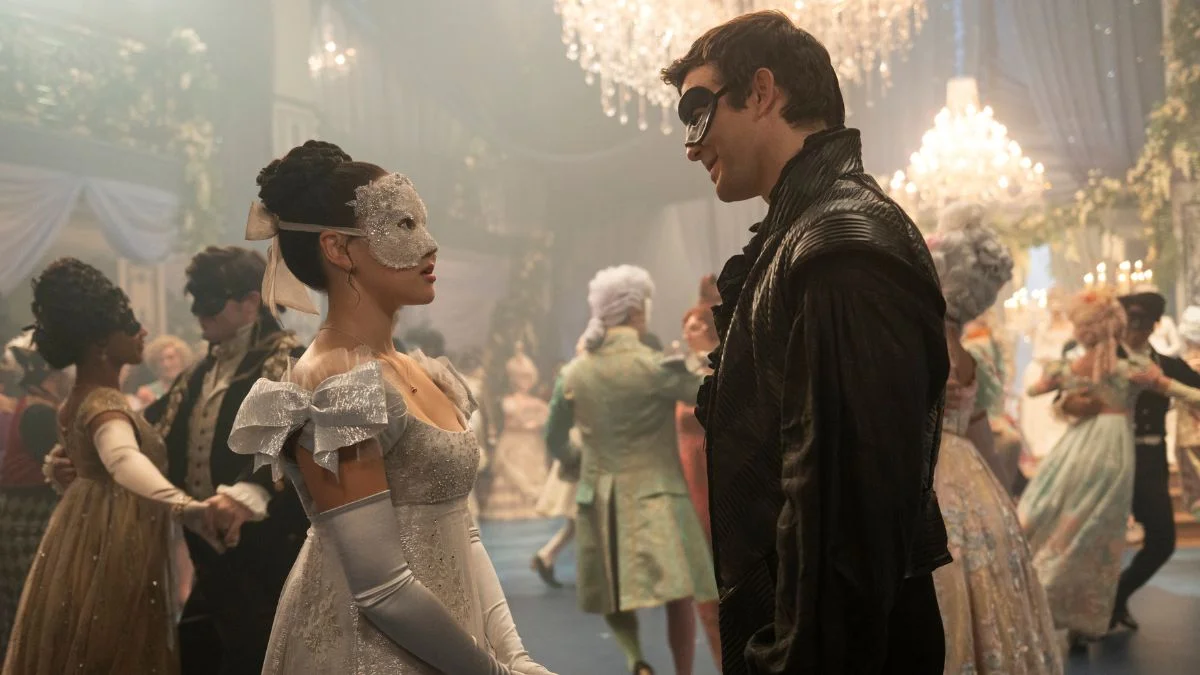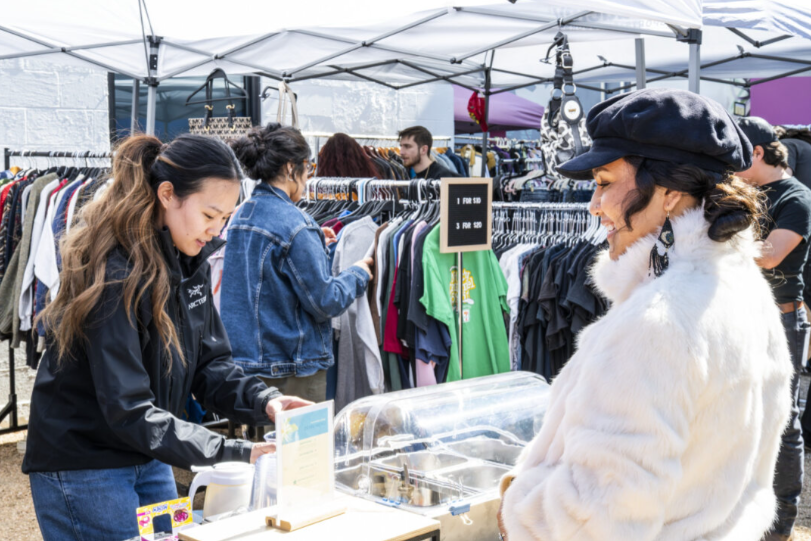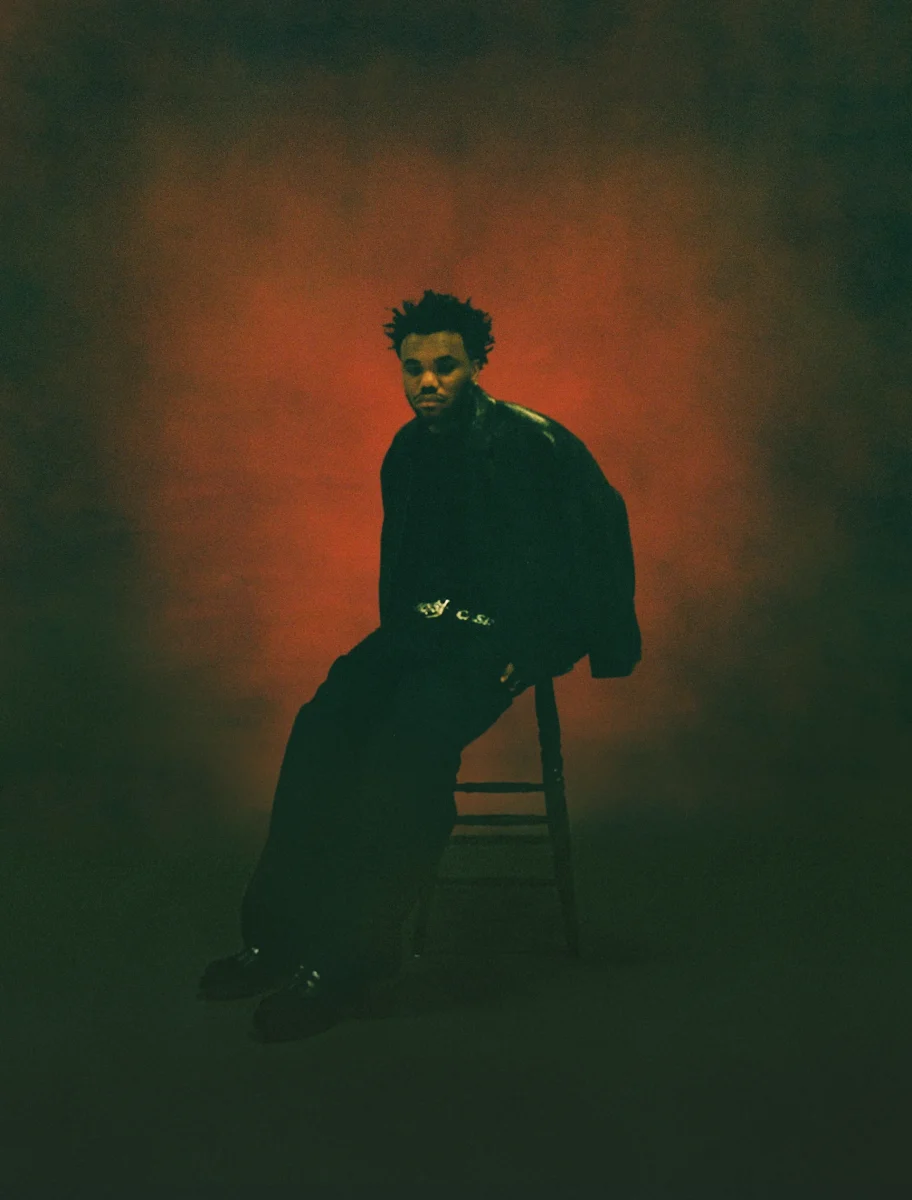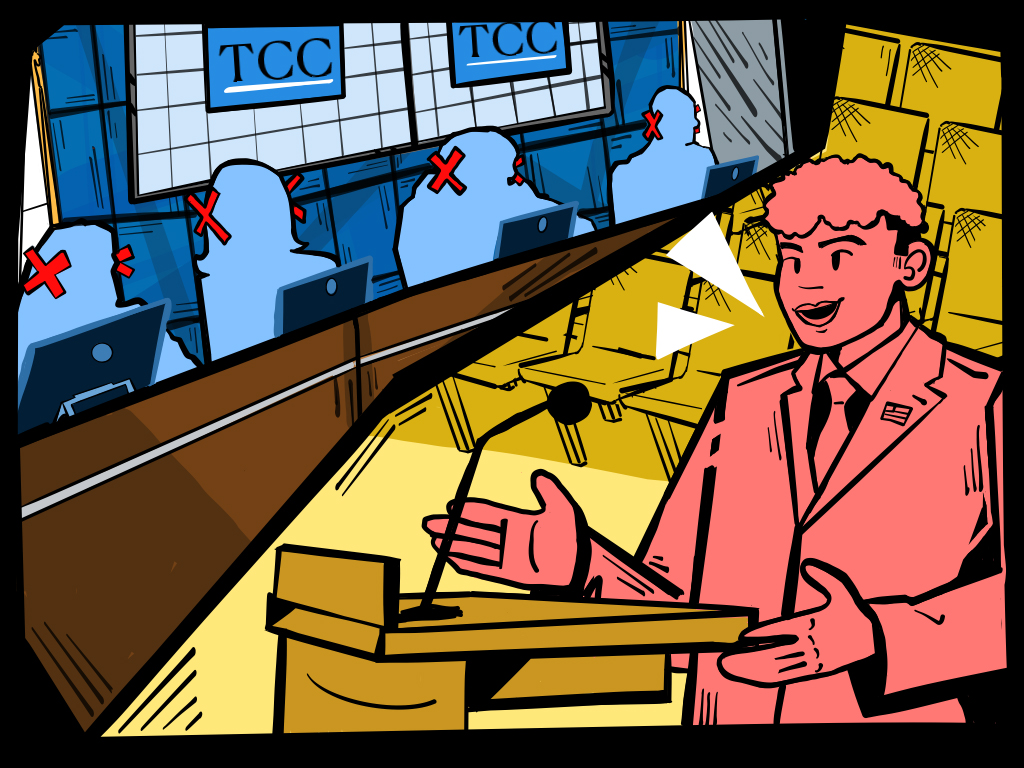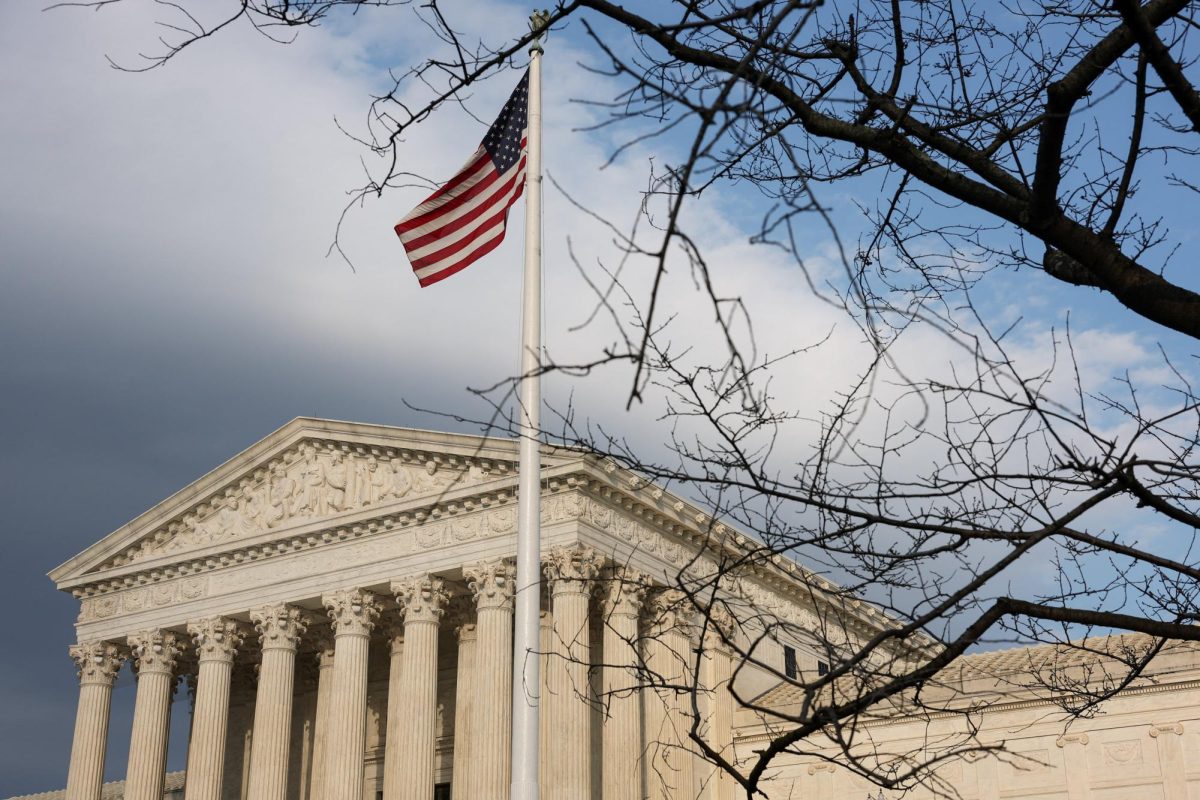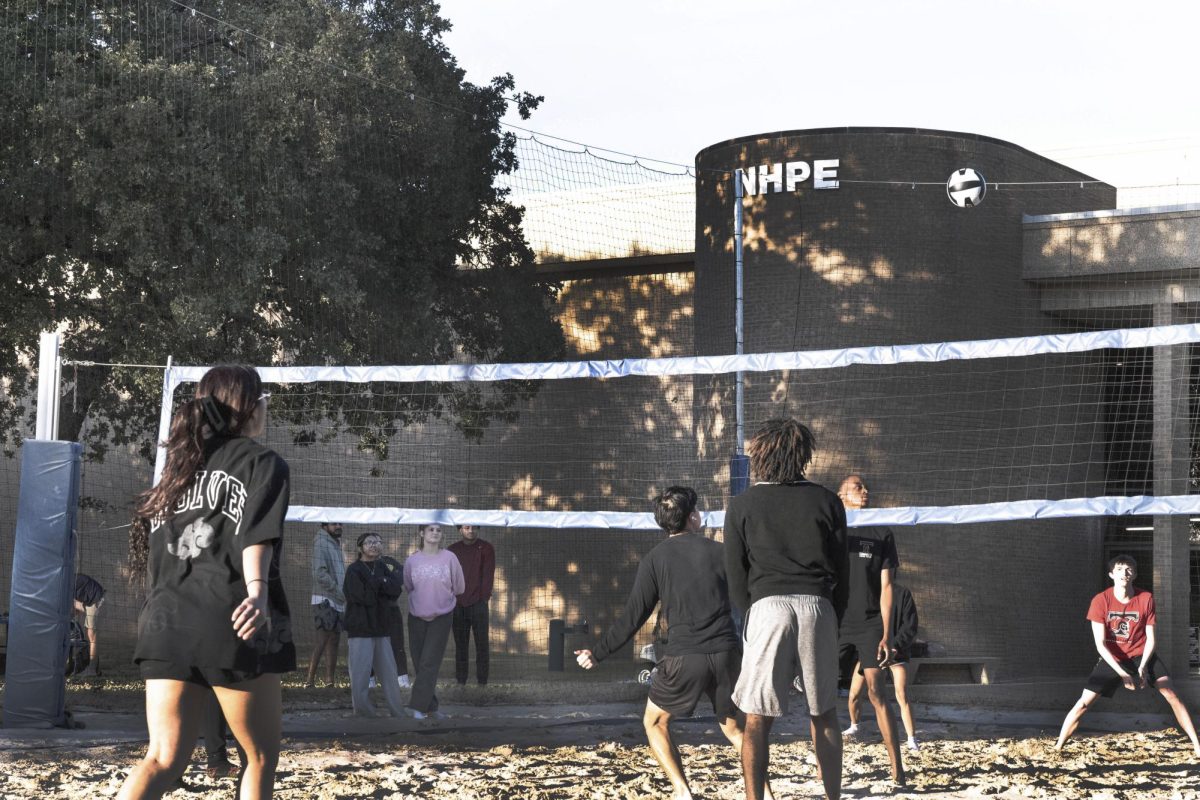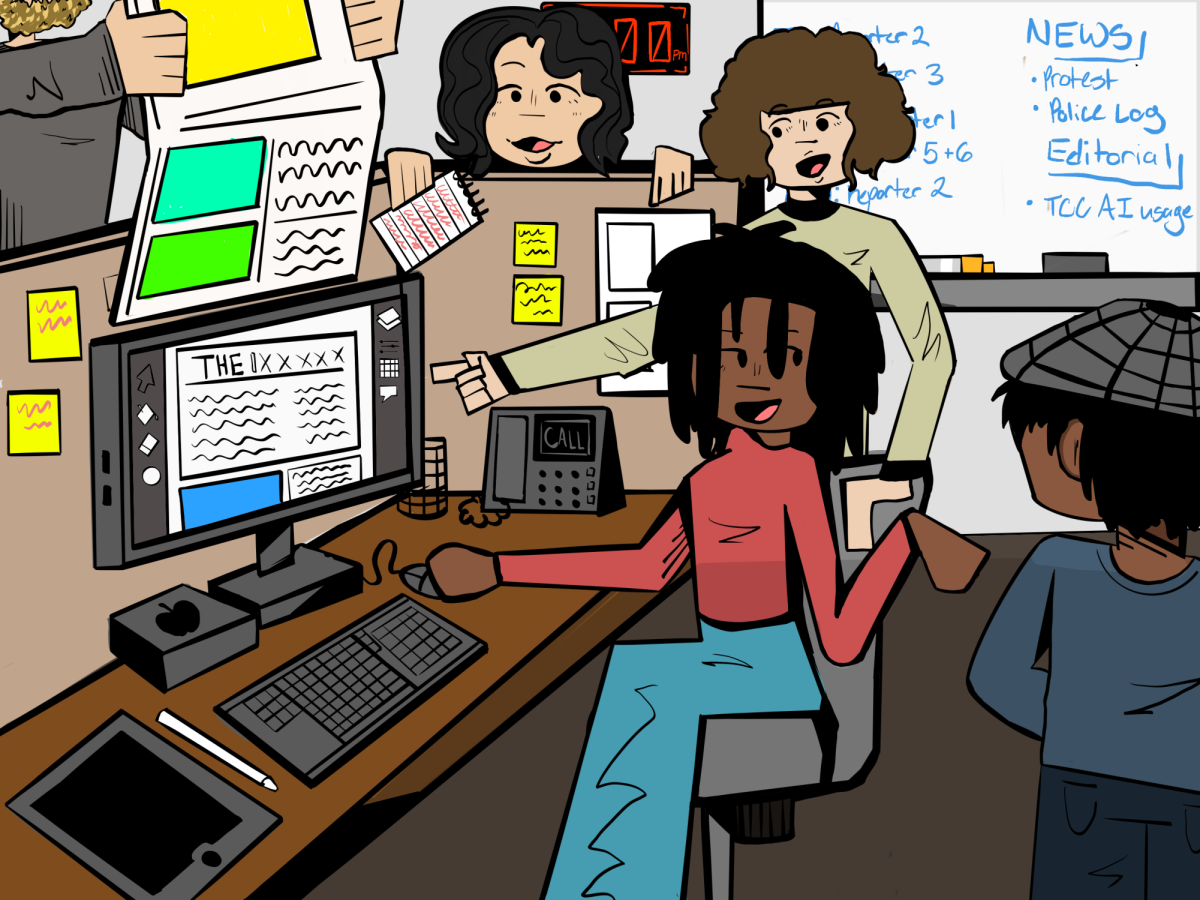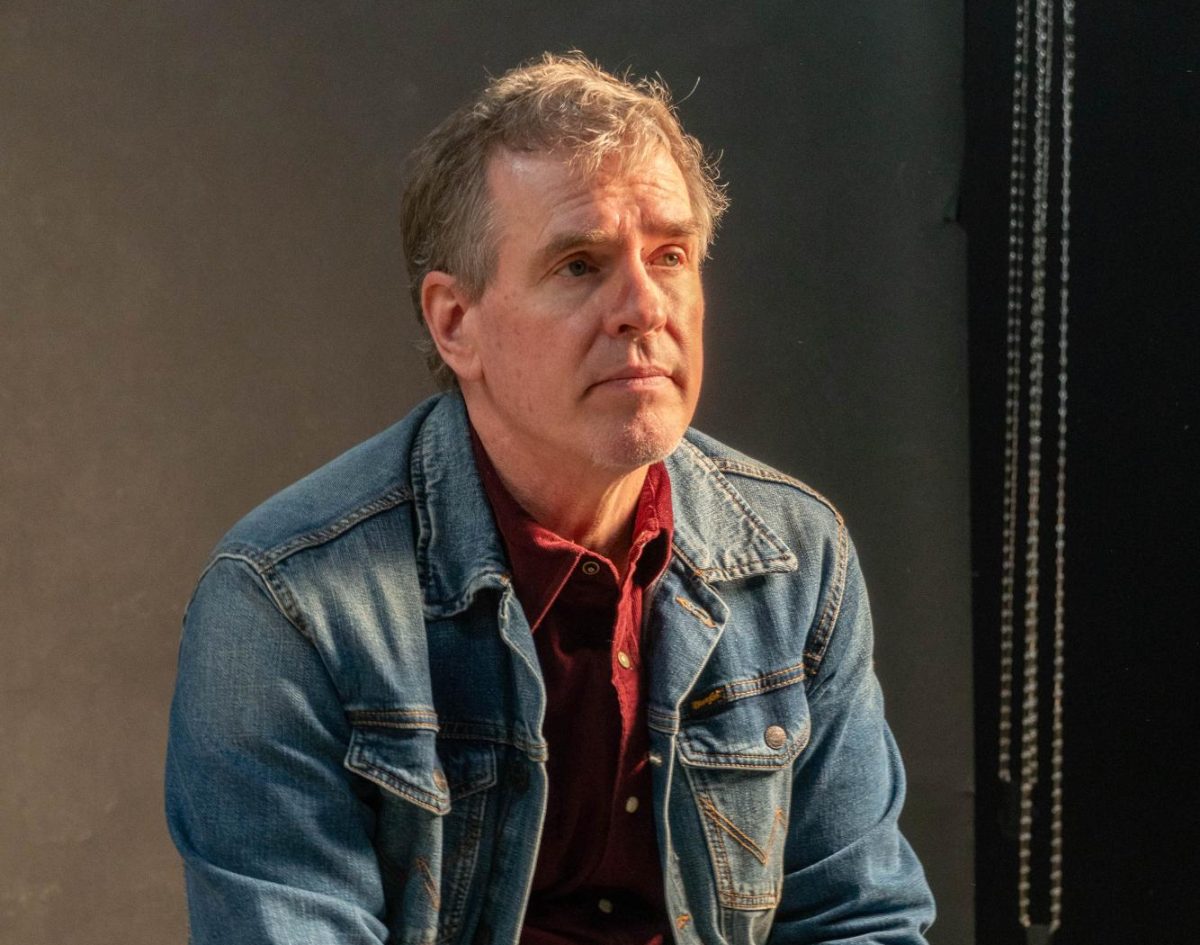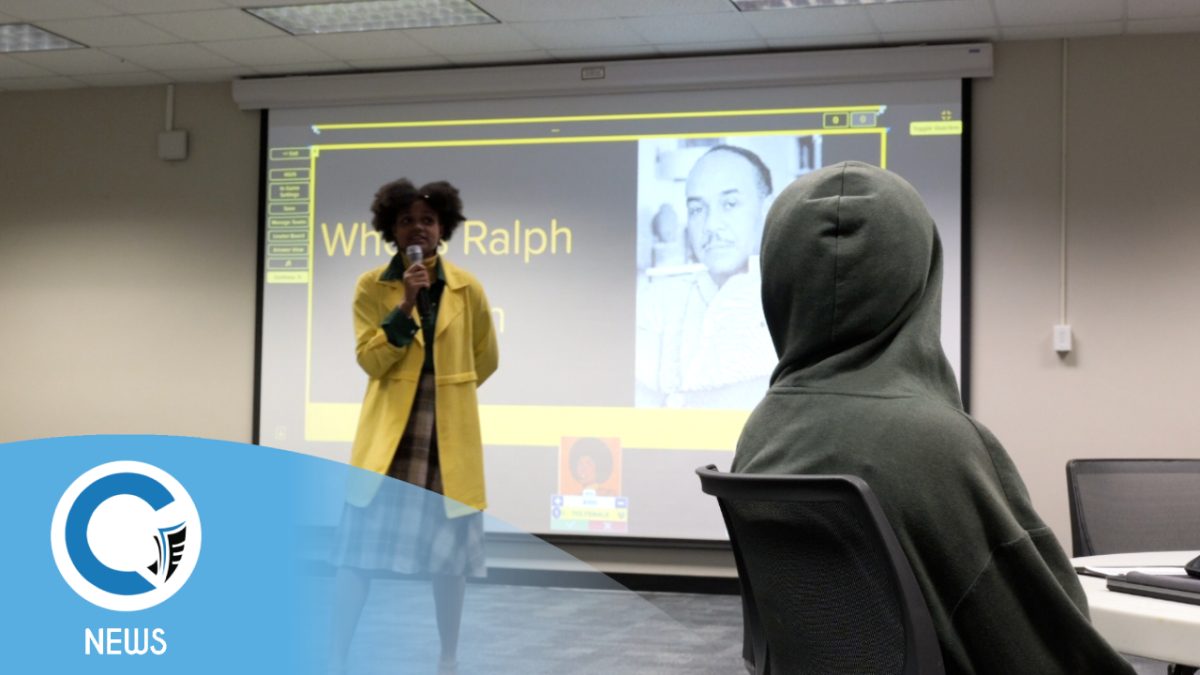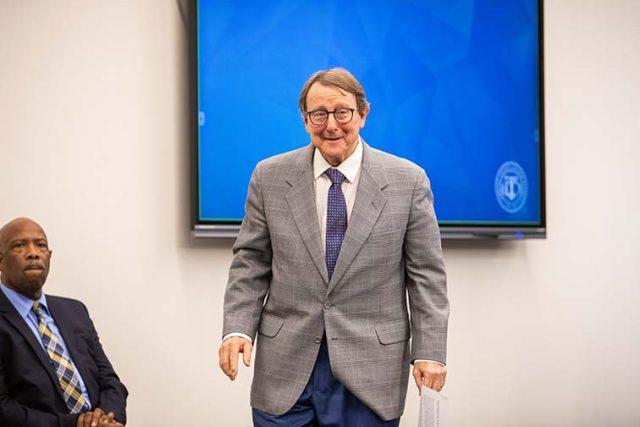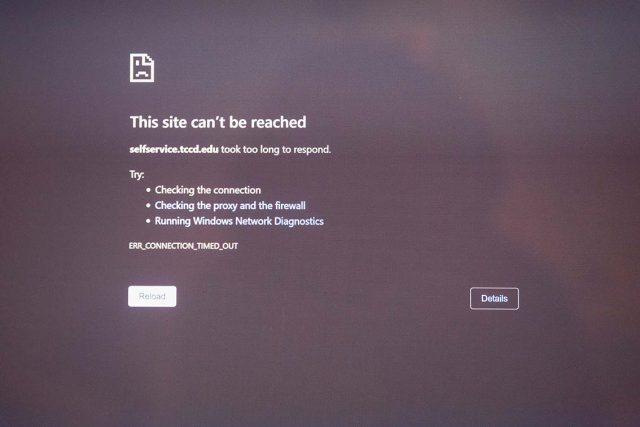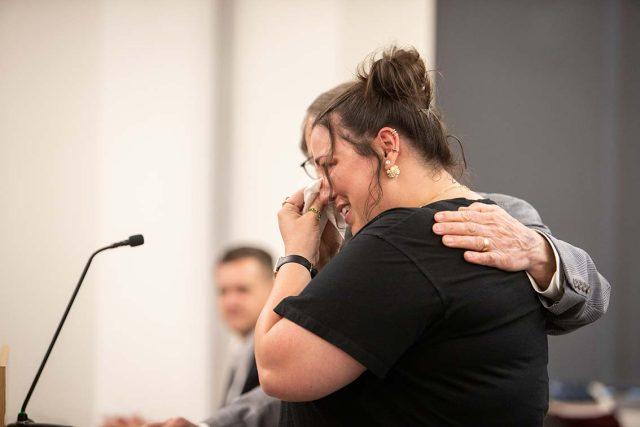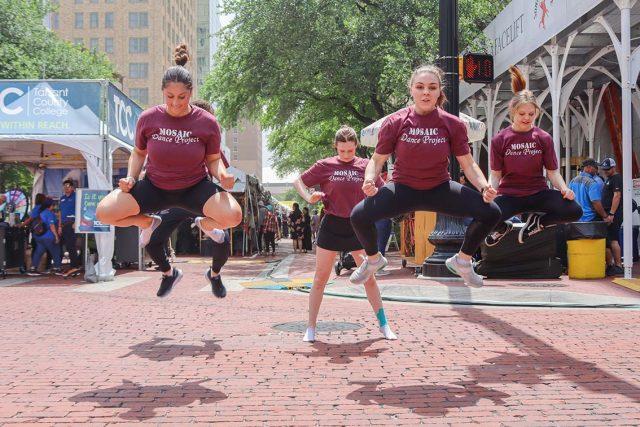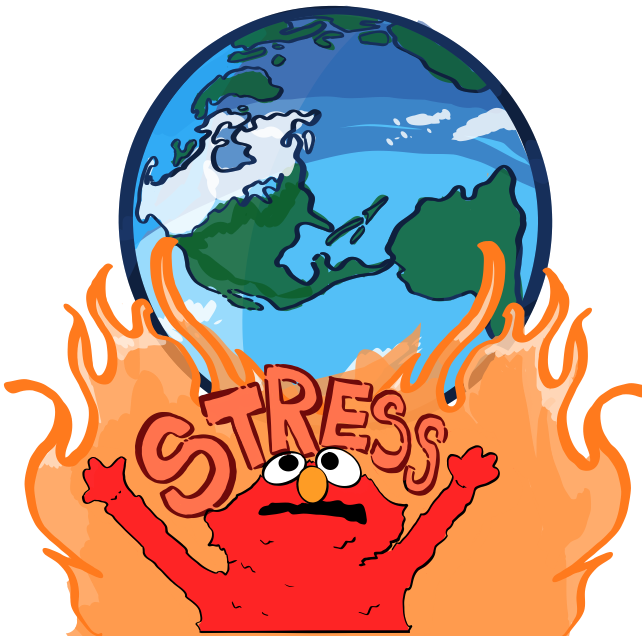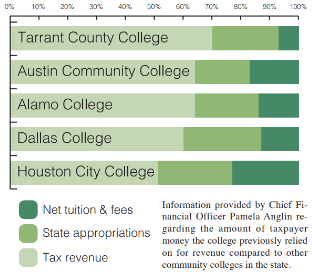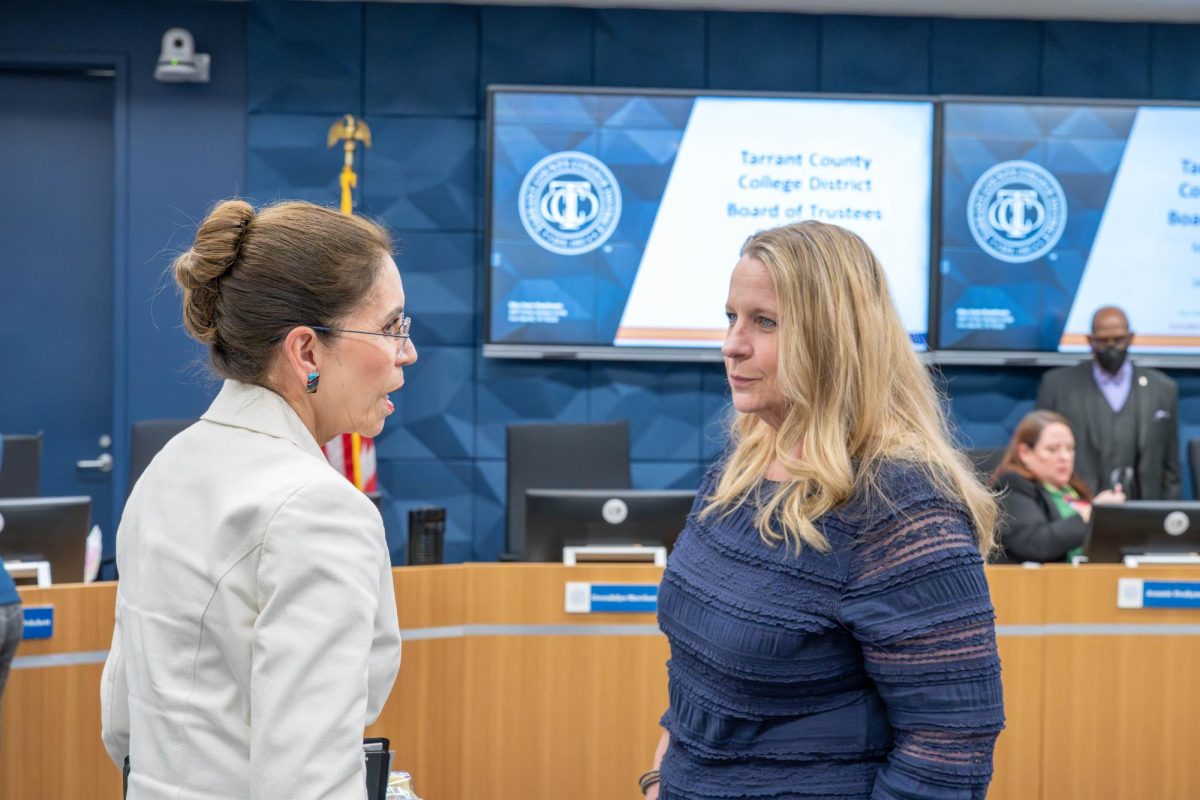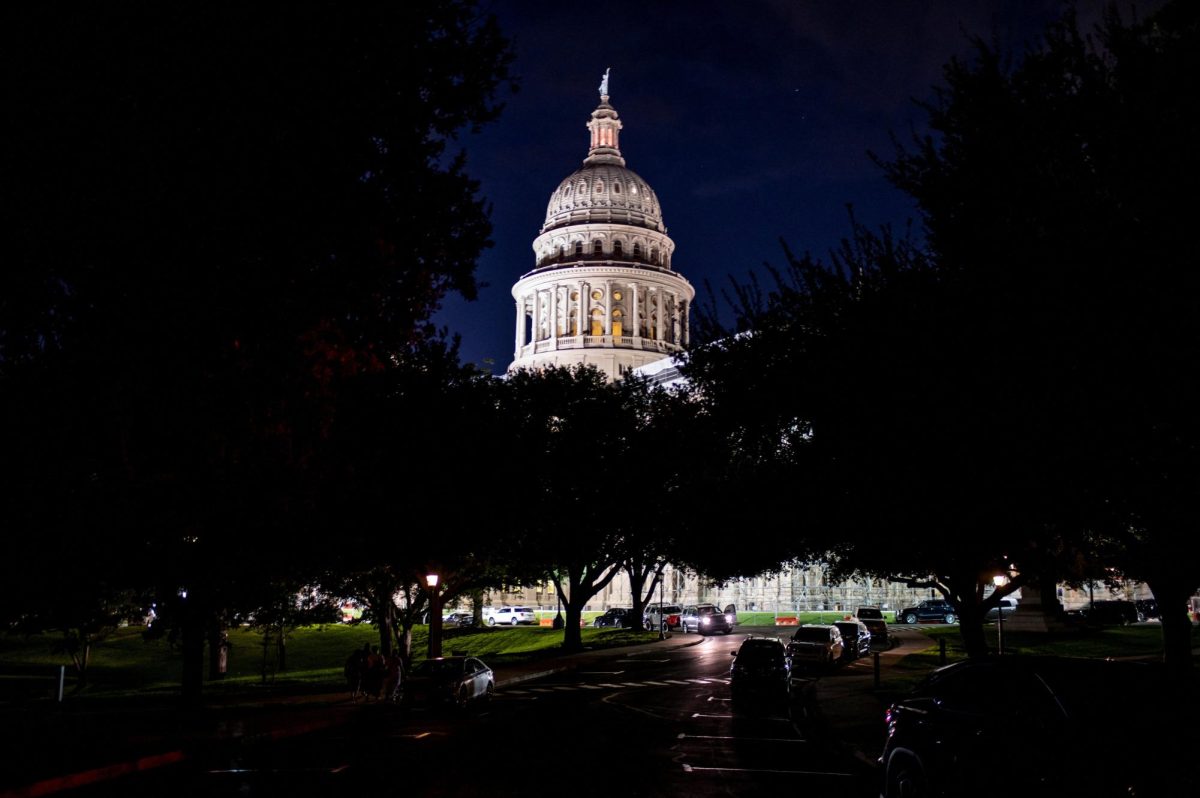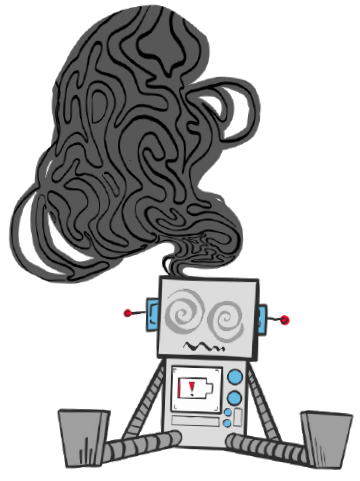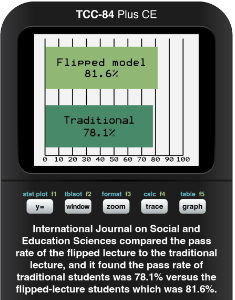
OLLA MOKHTAR
campus editor
olla.mokhtar@my.tccd.edu
The U.S. Supreme Court decided April 21 that a widely used abortion pill, mifepristone, would be available temporarily through the mail.
U.S. Northern District of Texas Judge Matthew Kacsmaryk ordered April 7 that the drug be banned through mail nationwide, saying the FDA was wrong in its ruling in 2000 to approve the drug.
Based on the evidence presented by the FDA and the Biden administration, the Supreme Court allowed mifepristone to be used, preventing Kacsmaryk’s order from going into effect.
NE student Alexa Rangel said the ruling prohibits women’s choices to plan according to their personal accessibility preferences like mailing. She believed Kacsmaryk filed the order for the wrong reason.
“I think the people in the court [Kacsmaryk] are more concerned about a life that’s not been brought in yet, rather than the one that’s going to have to worry about those decisions later,” she said.
Like Ragel, NE student Myles Troung said anyone should be able to make decisions regarding their bodies and that mifepristone should not be banned.
“If someone decides to go through with that path then so be it, if not then that’s their choice,” he said.
The choice of the Supreme Court and decisions on abortions is pushing NE student Victoria Bradley to think about leaving Texas and the U.S. Trying to change the world as a person of color has become too difficult.
“The idea of me having to make a change is scary because when people don’t agree with certain people that look like me, it gets very violent,” Bradley said. “I’m fearful of the outcome if I did try to change it or put a bigger target on my back for just existing.”
Bradley believed that abortions will continue to happen but procedures will occur in a more dangerous and uncomfortable way and preparing the youth for this possibility is the best way to move forward.
“We need to really look into the people that we vote for and want to have our vote,” they said. “I want the public to be more knowledgeable in who they vote for, what they stand for. Because it feels as if we are trapped watching these people that are supposed to advocate for us, not advocate for us. But at the same time, it is kind of our fault for getting them there in the first place.”
They said they would like the Supreme Court justices to consider the youth, the elderly and those who should not bear children as it affects more than just pregnancy.
“Now you’re having a child that you don’t even want. That resentment, that hate is going to be harbored in your body,” they said. “You’re going to eventually grow up to hate this child that didn’t even ask to be born.”
Abortions will still happen but in a more dangerous fashion with an increasing death rate, they said.
Since this is a controversial and emotional kind of conversation, they said they would feel more comfortable discussing this issue even if they had a differing stance. They felt that the conversation surrounding abortion is nuanced, affecting race, sex, sexuality, gender and more as it is a broad topic to them.

